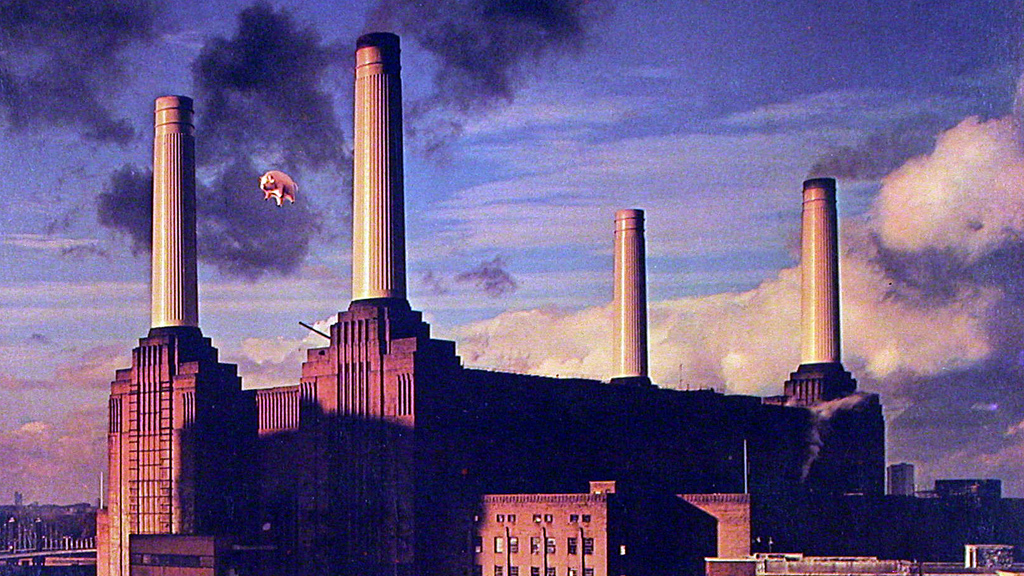Universal cleared to take over Beatles label EMI
French-owned music giant Universal is cleared to take over EMI music for £1.2bn, the last of four big labels which have dominated the British charts through the decades.

The terms of the deal mean that EMI’s Parlophone label – which is home to artists such as Lily Allen, Blur and Pink Floyd – has to be sold off.
The deal was backed by the European Commission (EC), which had been concerned that Universal would become too powerful if it swallowed EMI whole. There will be a further shuffling of label ownership on Universal’s side as it has been ordered to sell assets such as labels Mute and Chrysalis, which are home to Erasure and Depeche Mode.
Universal will retain more than two thirds of EMI on a global basis, keeping EMI artists such as Katy Perry, Robbie Williams, the Beatles and the Beach Boys, which is much more than previously speculated.
However, the big prize as far as Universal is concerned is its acquisition of the Beatles, the best selling band in history.
But as music historian Spencer Leigh pointed out to Channel 4 News, copyright on the Beatles’ songs begins to run out at the end of this year: “It’s interesting now that in the UK records go out of copyright after 50 years so this means that at the end of this year the Beatles’ Love Me Do goes out of copyright. That said, the law may change, however.
“Taking Elvis Presley, for example, all of his hits from 1956 – 61 are out of copyright, though on the plus side, it does mean that you get some very interesting compilations on the specialist labels.”
‘Joke label’
Spencer Leigh, whose new book The Beatles in Liverpool is published in October, says even in the early days, the Beatles had an impact on EMI’s fortunes: “EMI was the biggest of the labels in the 1960s. It had a very wide range of artists.
“Before the Beatles joined Parlophone, the label used to brand it as a ‘home to comedy records’ – they were regarded as a ‘joke label’.
“But one of the reasons the Beatles signed to Parlophone was because of this legacy of comedy it had and George Martin, their producer, used to produce Peter Sellers’ albums.
“Other labels such as Columbia and HMV had more of a serious reputation but then the Beatles came along and changed all of that.”
A statement from Universal reiterated its commitment to investing in music and consumer choice: “We remain true to our vision – to invest in talent and grow the company to offer consumers more music and more choice, while furthering our support for new digital services and entrepreneurs.”
-
Latest news
-
As India goes to the polls in the world’s largest election – what do British-Indians think?6m

-
Tees Valley: Meet the candidates in one of the biggest contests coming up in May’s local elections4m

-
Keir Starmer says public sector reform will be a struggle7m

-
Nicola Sturgeon’s husband Peter Murrell charged with embezzlement of funds from SNP1m

-
Ukraine might finally get $60billion in American weapons and assistance to defend against Russia3m

-




